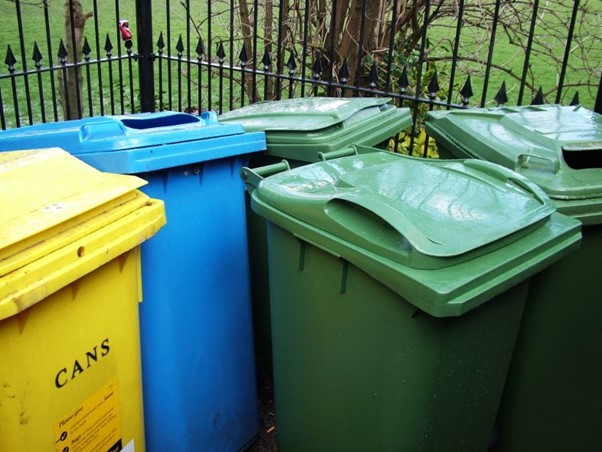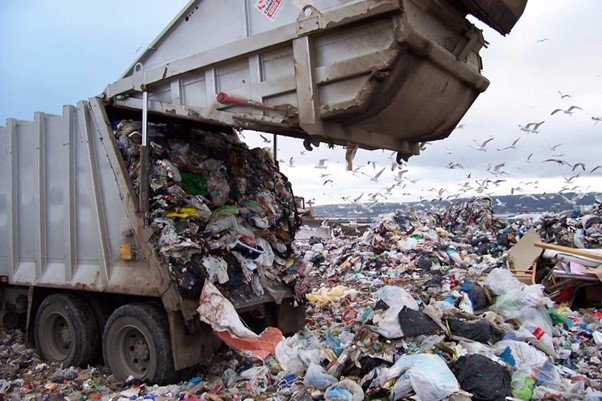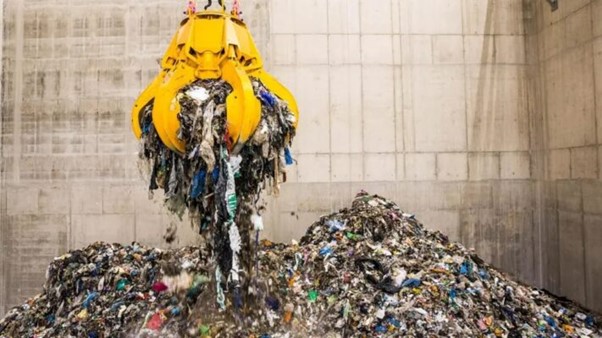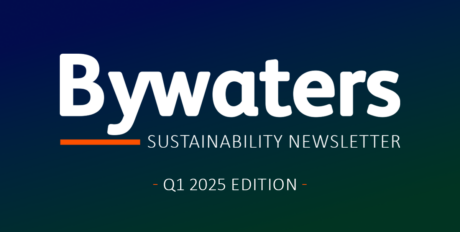Contact us today for your Free Quote
Polls say that the UK should increase recycling efforts in 2025 – Can it be done?
As we enter the new year, 2025 will be a significant year for UK recycling and sustainability milestones. As each year passes, attitudes and developments regarding circular economy solutions become increasingly significant.
To showcase public interest, a poll commissioned by Alupro surveying 2,000 UK adults has revealed that many believe that the government should put more effort into promoting the acceptance of recyclable materials in 2025. Moreover, the poll also revealed that some 70% of Britain supports introducing extender producer responsibility (EPR) arrangements for highly recyclable materials such as aluminium.
While these are all positive responses, how does legislation and implementation reflect this? To assess this, we wrote this article to unpack key legislations, trends and their implication for the recycling and sustainability sector in 2025.
Simpler Recycling Mandate
Firstly, a major piece of legislation will be the start of the Simpler Recycling mandate. Simpler Recycling will facilitate recycling by standardising collections for homes, businesses, and other places like schools and hospitals.
Local authorities and waste collectors will be able to collect some waste streams together, reducing confusion regarding rules across differing areas. Moreover, other key pieces of information for businesses include:
- Business waste separation: Starting from March 2025, larger businesses in England will need to separate their commercial food waste for collections.
- Workplace reporting: Notably, the public will be able to report workplaces that do not comply with new recycling legislation to the Environment Agency from April 2025.
To find out more about this legislation, we’ve previously written a piece expanding on the Simpler Recycling rules and their implications beyond 2025. Click here to learn more.

Rising Landfill Fees
As part of the March 2024 budget announcement, landfill disposal costs are scheduled to increase by 22%, climbing from £103.70 per tonne to £126.15. The objective behind this hike is to deter reliance on landfills and encourage the adoption of alternative waste management strategies, including technologies like EfW facilities.
This financial pressure could drive innovation, as waste operators explore other economical approaches to handling non-recyclable waste. The updated fees will be implemented directly in England and Northern Ireland. Meanwhile, Scotland has managed a devolved Landfill Tax since 2015, with Wales following suit in 2018.
At Bywaters, we have a zero waste direct to landfill policy, meaning that we aim to recover all waste through more sustainable recovery options, click here to find out more about our operations.
2025 Biodegradable Landfill Ban in Scotland
By the end of 2025, Scotland is set to implement a ban on biodegradable municipal waste in landfills, with England expected to follow by 2028. This ban represents a significant shift, pushing the industry to develop and deploy more sustainable waste treatment and recycling infrastructures that can handle organic waste efficiently.
This is a significant step forward in this kind of legislation, as untreated food waste significantly contributes to global carbon emissions. Food waste is thought to be responsible for roughly 6% of global greenhouse gas emissions, worsening climate change.
Despite this food landfill deadline being years away for England, it is probable that there will be a greater push for more carbon-efficient food waste processing facilities such as Anaerobic Digestion plants beforehand in 2025, largely due to Simpler Recycling requiring separate collections.

The UK’s Nationally Determined Contributions for 2035
At the 2024 edition of the United Nations Climate Change Conference, the UK announced an ambitious greenhouse gas emissions reduction target of 81% by 2035, relative to 1990 levels, excluding the aviation and shipping sectors. As part of this pledge, the government is expected to communicate further details to promote this pledge between November 2024 and February 2025, which will certainly have a significant impact on both the recycling and the wider sustainability sector. To read more about COP29, we’ve written an article detailing the conference’s contents which can be found here.

The EU Packaging and Packaging Waste Directive (PPWD) and the UK Market
Aside from Simpler Recycling, another key legislation to look out for is the European Union’s Packaging and Packaging Waste Directive (PPWD). The latest changes to the rules were announced in November 2022 and will take effect in January 2025.
A key aspect of this regulation is revising the role of Extended Producer Responsibility (EPR) schemes for packaging waste. Moreover, materials such as plastic packaging will need to have a minimum recycled content recovered from consumer plastic waste.
While the UK has left the EU, UK businesses trading directly with the economic bloc should familiarise themselves with the new rules, impacting UK-produced packaging and its respective waste.
Energy-from-Waste (EfW) Facilities Scrutiny
During this year, a piece by the BBC shed light on Energy-from-Waste (EfW) facilities and viewed waste incineration unfavourably, labelling it the ‘UK’s dirtiest form of power’. The piece was met with some reservations by the waste management industry, with many deeming the labelling slightly misleading.
Despite its emissions, it is often seen as a last resort to deal with unrecyclable waste, we’ve written a whole piece explaining the process’s role and coverage which can be found here. Nevertheless, this event has established greater awareness of the practice, which may be subject to scrutiny in the coming year.

Conclusion
With the topics covered, it is needless to say that 2025 is likely to have significant implications for the sector, with many legislations and trends expected to have an impact. Additionally, there is growing anxiety around the potentially stagnant progress in sustainability pledges among UK businesses, with sources suggesting that more than 42% of UK businesses say that they feel ‘overwhelmed’ by the steps needed to reach this objective.
To help with this, Bywaters is a total waste management provider, with an advanced recycling facility and a dedicated sustainability training team. If your business is interested in optimising its waste management and sustainable practices, contact us today to see how we can help you.
More posts:
Sustainability News Q1 2025
From global shifts in sustainability policies to local waste management crises and innovative digital audits, explore the complex challenges and solutions shaping our environment today. Discover how economic pressures, labor disputes, and technological advancements are impacting sustainability and waste management practices worldwide.
Read moreOld BRAD vs New BRAD: Smarter Insights, Better Decisions, Greater Impact
We are proud to introduce new and improved BRAD – our upgraded Reporting Analytics Dashboard built with the customers’ feedback at its core. Smarter, faster, and easier to use, the new BRAD offers smarter insights, better decisions, greater impact. Discover the all-new BRAD – make a step toward your sustainable goals!
Read moreGlobal Recycling Day 2025: Why Recycling is More Important Than Ever
On 18th March, we celebrate Global Recycling Day, highlighting the importance of reducing waste, conserving resources, and cutting carbon emissions. With over 2 billion tonnes of waste generated annually, recycling is more crucial than ever. Discover how Bywaters is leading the way in sustainability and how you can make a difference.
Read more




